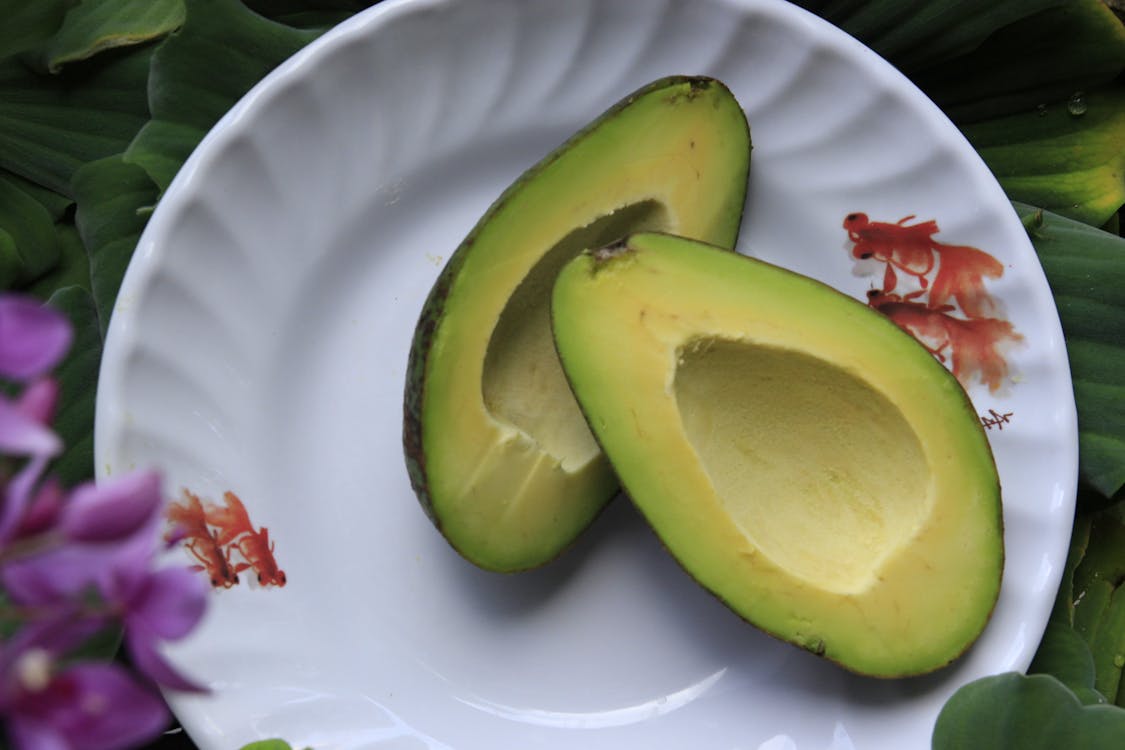Nutrient-dense foods that nourish our bodies and promote maximum health must be prioritized in a world full of processed and harmful food options. From colorful fruits and vegetables to legumes high in protein and fish high in omega-3 fatty acids, some foods are particularly notable for their remarkable nutritional value. The top 10 foods in the world, supported by science and acclaimed for their many health benefits, will be discussed in this extensive guide.
Spinach
Thanks to its remarkable range of vitamins, minerals, and antioxidants, spinach is frequently heralded as a nutritional powerhouse. This leafy green vegetable has high levels of iron, magnesium, folate, vitamin C, and vitamin K. Additionally, it has two antioxidants—lutein and zeaxanthin—that promote eye health and lower the risk of age-related macular degeneration. Including spinach in your diet can help lower your risk of developing chronic illnesses like cancer and heart disease, strengthen your bones, and increase your immunity.
Blueberries
The vivid blue hue of blueberries is attributed to their high anthocyanin content, which is well known for its antioxidant properties. By defending cells against oxidative stress and free radical damage, these antioxidants lessen inflammation and the chance of developing chronic illnesses. In addition, blueberries are high in fiber, manganese, vitamin C, and vitamin K. Regular blueberry consumption may enhance heart health, support healthy aging, and enhance cognitive function.
Salmon
Omega-3 fatty acids, especially EPA (eicosapentaenoic acid) and DHA (docosahexaenoic acid), are abundant in salmon, a fatty fish. These essential fatty acids are critical for heart and brain function as well as for controlling inflammation in general. Regular salmon consumption has been linked to better mood regulation, enhanced cognitive performance, and a lower risk of heart disease. Selenium, vitamin D, and high-quality protein are all abundant in salmon.
Quinoa:
Packed with nutrients, quinoa is a great plant-based protein source that has all nine necessary amino acids. In addition, it has a lot of fiber, vitamins, and minerals like folate, magnesium, phosphorus, and manganese. Quinoa is suitable for people with celiac disease or gluten sensitivity since it is gluten-free. Include quinoa in your diet to aid with blood sugar regulation, heart health, and weight management.
Broccoli:
A cruciferous vegetable with many health advantages, broccoli is full of vitamins, minerals, and phytonutrients. It's a great source of potassium, folate, vitamin K, and C. Sulforaphane, a substance with strong anti-cancer qualities that may help lower the risk of several cancers, is another ingredient found in broccoli. Frequent broccoli consumption may aid in detoxifying, enhance digestive health, and strengthen immunity.
Walnuts:
Omega-3 and monounsaturated fats, which are good for the heart, are abundant in walnuts. In addition, they have plant sterols, polyphenols, and antioxidants, which all add to their many health advantages. Regular walnut consumption has been associated with decreased inflammation, enhanced heart health, and enhanced cognitive performance. Including walnuts in your diet may also assist in weight management and cholesterol reduction.
Avocado:
Avocados are a special kind of fruit that is high in heart-healthy fats, especially monounsaturated fats. In addition, it's a great source of fiber, vitamins, and minerals, such as potassium, vitamin E, vitamin K, and folate. Antioxidants included in avocados, such as zeaxanthin and lutein, promote eye health and lower the risk of age-related macular degeneration. Regular avocado consumption may support weight management, increase satiety, and reduce cholesterol.
Sweet potatoes:
Sweet potatoes are a wholesome root vegetable that is high in fiber, vitamins, and minerals. They are a great source of beta-carotene, which is necessary for healthy skin, the immune system, and vision. Beta-carotene is a precursor to vitamin A. In addition, sweet potatoes contain potassium, manganese, vitamin C, and B vitamins. Including sweet potatoes in your diet can improve immunity, assist digestive health, and control blood sugar levels.
Kale
Greek yogurt:
Greek yogurt is a dairy product high in nutrients, high in calcium, high in protein, high in probiotics, and high in vital vitamins and minerals. It is a popular option for people who want to improve their protein consumption because it has more protein and less lactose than regular yogurt. Greek yogurt is a consistent source of energy and helps to maintain bone and gut health. To stay away from artificial ingredients and extra sugars, opt for plain, unsweetened Greek yogurt.












Comments
Post a Comment